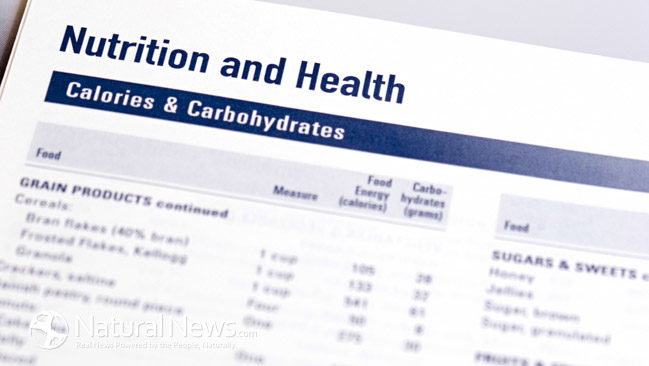At one time, all you ever heard from health experts was that you should cut down on your salt intake and to cut out saturated fats. While doing this can be beneficial to your health new research shows that eating a diet high in sugar and carbs is more damaging. Far more than eating too much fat in your diet.
Consuming too much sugar can actually play havoc with your health. It positions you as a prime candidate for developing Type II diabetes as well as kidney and nerve disease, which can all lead to an early death. You might have heard about these facts, but there is a hidden danger of which you may not be aware. Do you know that almost three-quarters of all the packaged foods sold in the U.S. contain sugar? Believe it or not, this is not accounting for beverages of any kind! Experts estimate that you could be eating over 40 teaspoons a day of hidden sugar. This number only accounts for the sugar in processed foods; it does not reflect any sugar you may add to your cereal or coffee each morning.
There are three main types of sugar that you need to be aware of:
1. Fructose – natural sugar, the type found in fruits.
2. Sucrose – a mixture of glucose and fructose, sucrose is naturally found in sugar cane and beets.
3. High Fructose Sugar or HFCS – artificially made sugar, HFCS comes from corn and has glucose and fructose added to it, it is not a natural form of sugar.
Manufacturers use sucrose and high fructose sugar in their products. The problem with this type of sugar is that it causes havoc in your sugar levels by making your insulin level spike.
These insulin spikes are what causes a problem. Your body becomes sensitive to insulin, and before you realize it, you are at risk of developing Type II diabetes. In fact, Mayo Clinic researchers saw the likelihood of diabetes increase significantly by patients who consumed just 150 more calories that contained sucrose.
People who consume vast amounts of sugar beverages are placing themselves at an enormous risk level for developing diabetes. Many suggest limiting your intake of sugar to only 10 percent of your daily calories. Based on a 2,000 calorie diet that means you should only be having a maximum of 12 teaspoons of sugar per day.
Other nutritionists recommend going much lower than that and cutting out as much sugar as possible. It is important to read food labels so you can determine how much sugar is in everyday products you already use. You may be surprised at all of the places you will find sugar lurking.
Did you know that the following products contain sugar?
- Ketchup
- BBQ sauce
- Cans of spaghetti sauce
- Salad dressings
- Mayonnaise
- Yogurts
- Energy bars
- Cereals
- Other bottled sauces
Crazy huh? One rule of thumb you can adhere to is when reading food labels if the sugar content is higher than the protein amount do not buy the product. Avoid any product with added sucrose or HFCS and be on the watch for sugar that hidden in products such as sliced lunch meats and packaged foods in general.
Instead, focus on eating a diet that is full of fresh fruits and vegetables, good sources of protein and good quality fats. Omit sugar and carbohydrates in the form of white flours, bread, cakes, cookies and even canned and bottled sauces. Continuing to buy these products is not doing you or your family any good at all when it comes to helping them stay fit and healthy!
You may also be interested in:
- Plant-based Diets: Good Fat vs. Bad Fat
- 5 Best Fruit-Infused Water Recipes to Drink Instead of Water





